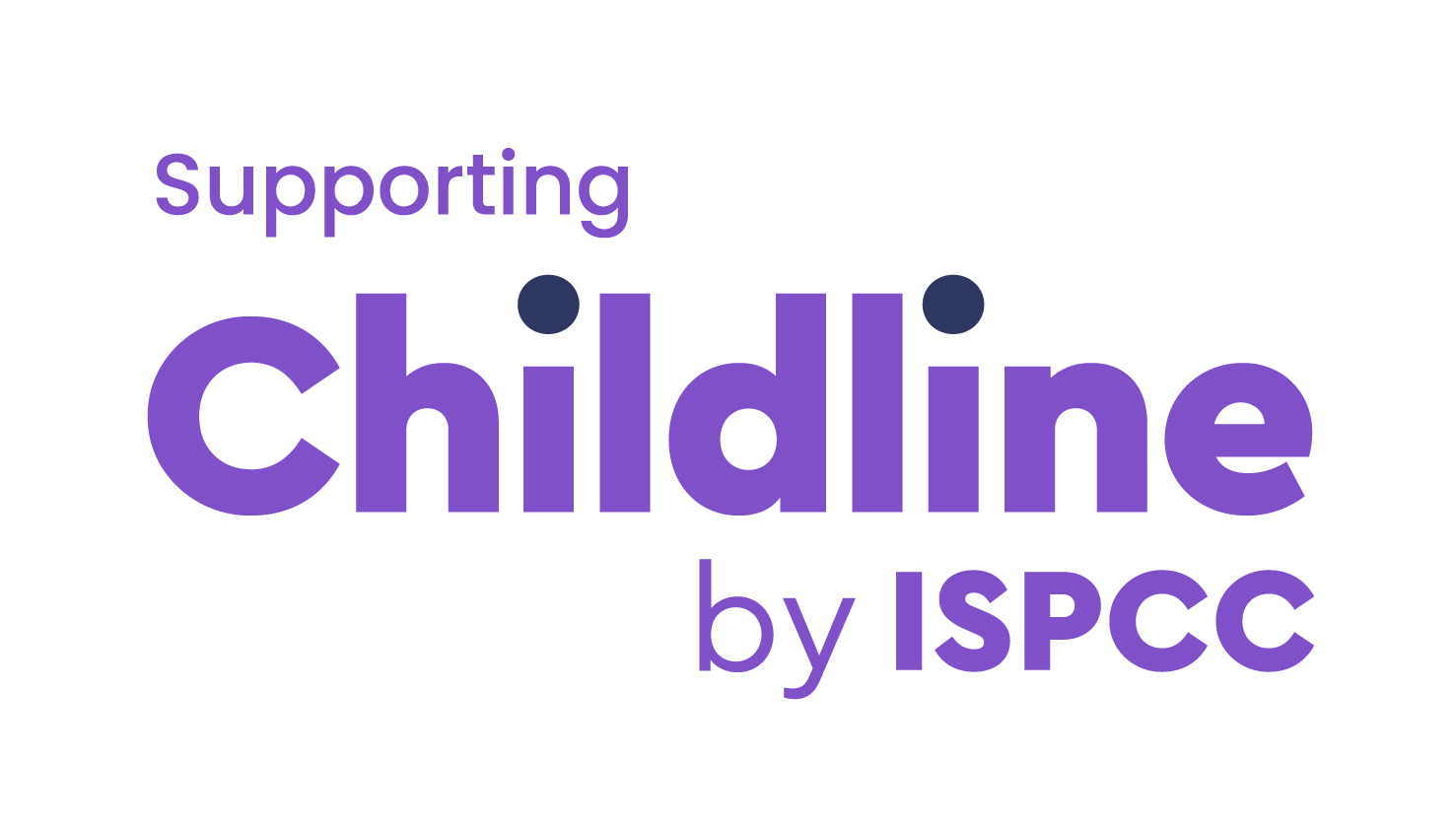
Pictured L-R: Paul Mulcahy (HR Generalist), Paula McCann (Project Lead for the KeepWell Mark & HR Assistant Manager), and Múireann McCarthy (HR Generalist)
We are delighted to announce that we have once again been reaccredited with the prestigious KeepWell Mark™; an evidence-based accreditation and award that recognises Irish employers for investing in workplace health and wellbeing.
In 2020, Crowleys DFK became the first indigenous accountancy firm to be accredited with The KeepWell Mark™, and we were reaccredited in 2022, further reinforcing our dedication to fostering a healthy and supportive work environment.
Commenting on our latest reaccreditation, Paula McCann, Project Lead for The KeepWell Mark™ said:
“We are incredibly proud to be reaccredited with The KeepWell Mark™. This achievement reflects our ongoing commitment to employee wellbeing and the continuous improvements we have made to ensure a healthy, balanced, and inclusive workplace. Our people are at the heart of everything we do, and we will continue prioritising their wellbeing as we move forward.”
Since our 2022 reaccreditation, we have continued to enhance our workplace wellbeing initiatives. We introduced a Work from Anywhere Policy and a Flexible Bank Holiday Policy, expanding our suite of work-life balance and flexibility measures. Additionally, we hosted workshops on Managing Mental Health in the Workplace, offered health screenings, and organised various other wellness events and social activities as part of our annual Health & Wellbeing Programmes.
We continued to invest in professional development through our Competency and Career Paths Development Framework and Learning & Development Programme. Furthermore, we established the Crowleys DFK EDI Committee to drive a long-term strategy for equity, diversity, and inclusion.
Making time for charitable fundraising and volunteering continues to be a priority for us. Since launching our Charity Partner of the Year initiative in 2019, we have raised over €100,000 for charities in Ireland. Our team remains committed to giving back to the community and making a positive impact beyond the workplace.
The reaccreditation process involved a comprehensive audit conducted by The KeepWell Mark™ Assessor. This audit covered eight key areas: leadership, absence management, smoke-free environment, physical activity, health and safety, mental health, healthy eating, and intoxicants. Additionally, the Assessor engaged with key stakeholders and facilitated focus groups with both employees and management.
The Assessor noted:
“Crowleys DFK is dedicated to the wellbeing of its 140-strong workforce in Cork and Dublin, making significant progress over three accreditations. Employees appreciate the supportive, fast-paced culture and the company’s flexibility, which includes policies for flexible working. Initiatives like the EDI Committee, Mental Health Training, and a strong fundraising ethos promote employee wellbeing. Overall, it is evident that Crowleys DFK prioritises the wellbeing of its employees and is committed to making progress across all KeepWell Mark pillars.”
Sarah McSharry, KeepWell Mark™ Account Managre in Ibec commented:
“We are delighted to award Crowleys DFK their third Ibec KeepWell Mark™ accreditation. Upon joining the programme, organisations like Crowleys DFK receive our framework of standards across all aspects of workplace wellbeing, along with tools to benchmark their current performance and establish new standards to enhance employee wellbeing. We look forward to continuing our work with Crowleys DFK on the next phases of their wellbeing journey.”
Looking ahead, we remain focused on continuously improving our initiatives, following best practices, and incorporating employee feedback as we progress on our KeepWell Mark™ journey.
If you are interested in working with a firm that has a core focus on wellbeing, please check out our careers.



 There are several annual reporting obligations for employers and trustees who operate share schemes for their employees which are due by 31 March following year end.
There are several annual reporting obligations for employers and trustees who operate share schemes for their employees which are due by 31 March following year end.

 Crowleys DFK is delighted to celebrate the completion of a successful two-year charity partnership with
Crowleys DFK is delighted to celebrate the completion of a successful two-year charity partnership with 




